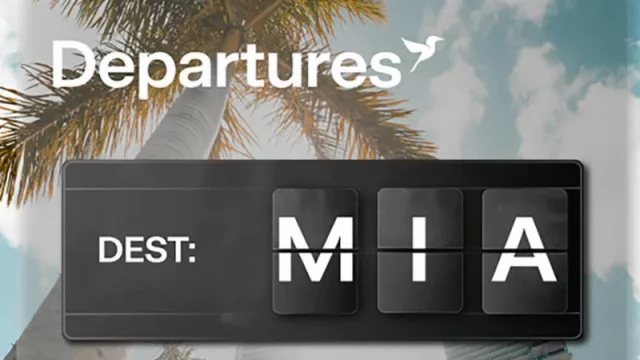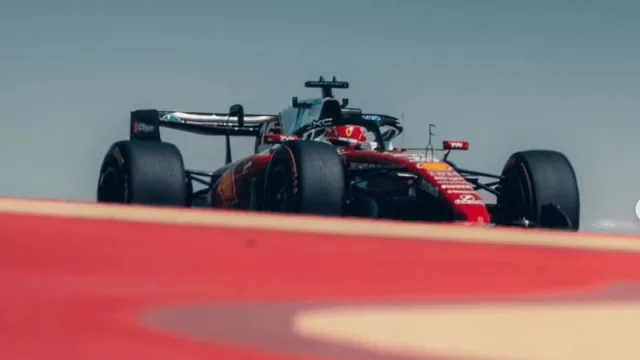This decision comes in response to a deep financial crisis and a multibillion-dollar debt faced by the group. The assets in the region include Pao de Acucar (GPA) in Brazil and Almacenes Exito in Colombia, Uruguay, and Argentina.
Casino owns Almacenes Exito, which operates several brands such as Exito, Carulla, and Surtimax in Colombia, Pao de Acucar, Extra, and Assai in Brazil, and Devoto, Disco, and Geant in Uruguay. In Argentina, where Casino entered in 1998 with the acquisition of Libertad, it has 35 branches and 14 shopping centers across 10 provinces, employing 3,100 people.
It is important to note that the sale of Casino's assets in Argentina does not imply Libertad's exit from the country nor is it related to the economic crisis, price controls, or exchange rate disparities. In fact, in the last 12 months, the chain has opened 12 new branches, most of them Mini Mayoristas. Additionally, last May, it introduced the concept of Fresh Market Libertad in the Dot Baires shopping center in Buenos Aires, a space that offers fresh products and gourmet food, inspired by European markets.
Currently, Libertad has a presence in 10 Argentine provinces and continues with its plan for expansion and strengthening of omnichannel strategies in the country.
Although Casino is seeking a new owner for its operations in the region, Grupo Libertad will continue working on its strategic plan for expansion and omnichannel strengthening. The desired amount for the sale of assets is currently undisclosed.
The situation of Libertad in Argentina, while for different reasons, bears similarities to Walmart's sale at the end of 2020. The American chain, which operated 92 stores, was acquired by businessman Francisco de Narvaez, who renamed it Changomas. Walmart's exit was part of a global restructuring of the company, focusing on the U.S. market.
Although not directly related, both Colombia and Argentina (where many multinational companies have withdrawn in the last three years) and the drastic change in insecurity and extreme left-wing policies in Colombia are also beginning to impact investment decision-making. Both countries are currently facing challenging economic conditions and are crucial to the group's presence in the region.
The sale of these assets represents a crucial moment for the supermarket industry in the region, highlighting the need for adaptation and transformation in an ever-changing business environment.
The French group Casino has surprised by announcing its intention to sell all its assets in South America. This strategic decision is due to the deep financial crisis faced by the group and its overwhelming multibillion-dollar debt. Casino, listed on the Paris Stock Exchange as Casino Guichard Perrachon, aims to reduce its deficit by selling assets, including those that generate profits.
This news has generated diverse opinions in the business world. Some experts believe that the sale of South American assets is a necessary measure for Casino to focus on its main market and address its financial problems. Furthermore, it is argued that selling profitable assets will enable the company to raise funds to pay off its debts and seek new growth opportunities in other markets.
On the other hand, some express concerns about the potential impact of this decision on the region's economy and the employees of the affected supermarket chains. The sale of Casino's assets in South America could result in changes in the supermarket industry's structure in these countries, which could affect competition and product prices.
Regarding Libertad, the Argentine supermarket chain owned by Casino, the news of the sale of assets in South America has created uncertainty among employees and consumers. Although it has been clarified that the search for a new owner does not imply Libertad's departure from the country, the situation raises questions about the chain's future and its ability to maintain its position in the local market.
In terms of the supermarket industry in general, this news highlights the challenges that companies face in an uncertain and highly competitive economic environment. The COVID-19 pandemic has significantly impacted the retail sector, accelerating the adoption of online business models and bringing changes to consumer buying habits. In this context, companies must adapt quickly to changes and seek innovative ways to remain relevant and profitable.
In conclusion, Casino's decision to sell its assets in South America reflects the financial and strategic challenges the company faces. While some experts see this move as a way to recover and refocus, others express concerns about the potential economic and labor implications. The sale of these assets represents a crucial moment for the supermarket industry in the region, emphasizing the need for adaptation and transformation in a constantly changing business environment.












Tu opinión enriquece este artículo: